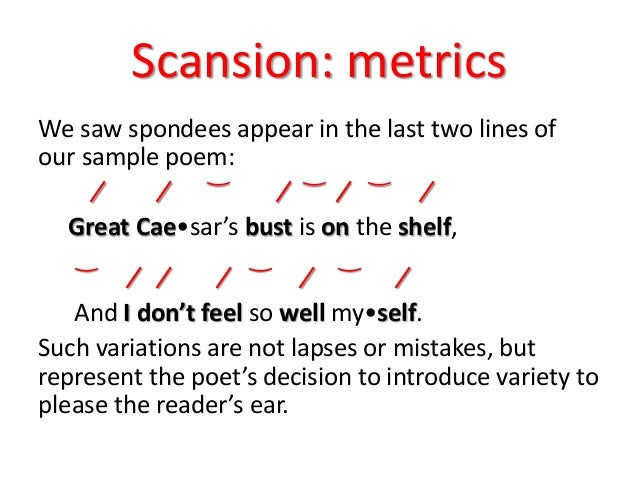

As she approaches the streams of her father's land, she begs to lose her beauty. Nonetheless, Apollo chases Daphne through the woods. Daphne wishes to remain chaste, like Diana, and loves the woods and hunting rather than men. Soon after, Apollo taunts Cupid who takes revenge by making Apollo fall in love with Daphne, Peneus's daughter. Other creatures return spontaneously, springing from the sun on the water-soaked soil, including monsters like Python, a gigantic snake, which Phoebus Apollo slays, thus initiating the Pythian games. The stones become a new race of people, who inherit the toughness of stone. Pyrrha refuses to dishonor her mother's remains, but Deucalion interprets the oracle as referring to "mother earth," and so they throw stones, the earth's "bone's," behind them. They ask the gods how they can do such a thing, and an oracle sent by Themis tells them to throw behind them the bones of their mother. Jove allows the waters to retreat, leaving them to repopulate the earth. They find shelter on Mount Parnassus, the only land that rises above the waters. Only two people, the best of humanity, survive the flood: Deucalion and his wife. Jove decides to flood the world, which he does with Neptune's help. Jove tells the gods that all men are like Lycaon and must be punished in turn they must give way to a new and better humankind. Lycaon survives as a madman, behaving like a wolf. When Lycaon served him the flesh, Jove destroyed his household with thunderbolts.

Jove tells the gods how he dealt with an especially corrupt man, Lycaon, who plotted to kill him and tried to trick him into eating human flesh. Distraught, Jove tells the gods that he must punish these men. From the giants' blood new creatures arise: they look like men but think nothing of murdering each other. The giants see the behavior of men and imitated it, attempting even to overthrow Jove, but he crushes them with thunderbolts and boulders. They treat gold as money and forge weapons of iron. Finally, in the Iron Age men become evil, greedy and dishonest. The Bronze Age follows and men become violent and warlike, though not so much as they will. Jove castrates Saturn, however, sending men into a Silver Age, when the four seasons come to be and men have to work for food. Everything, that is, except man, whose origin is disputed: either man came to be as a superior being to animals, or Prometheus sculpted man out of the clays of the earth.Īt first men live in a Gold Age without war, cities, labor or commerce.

After this he creates sentient life: everything from the gods in the heavens to the fish in the rivers. He creates the winds and gives each a region of the earth to rule over, then he create the stars. He creates earth and all of its waters, then its land masses, forests, and weather. Then, a powerful being divides the chaos into substance. He says that first there was something we can call Chaos: darkness and formlessness. The poem begins with the promise that we will hear how "bodies are changed into different bodies." Ovid then summons the gods, asking them to reveal how the world was created and to aid him in his task.


 0 kommentar(er)
0 kommentar(er)
